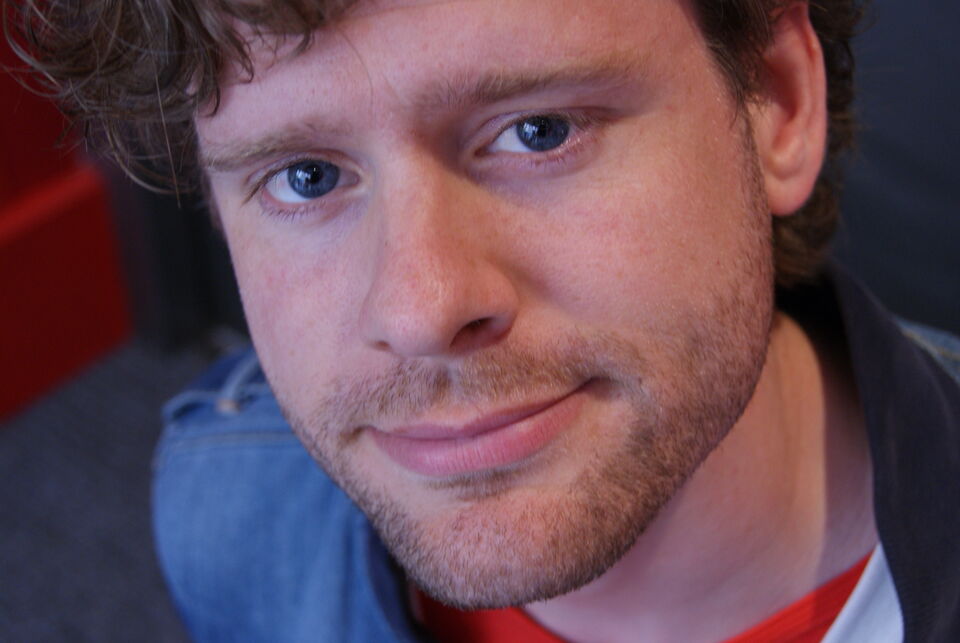Brainmatters | Knowledge Shared is Knowledge Squared
The fact that the title of this column is a slogan from an advertising brochure of Microsoft’s Sharepoint does not make the statement less relevant to scientists. If scientists are open about what they do, science will benefit.
Scientific articles are the most limited way to take note of the results of scientific research. When scientists still had to share their knowledge on clay tablets and ink printed on paper, there were no alternatives. But now it’s time that scientists modernize the way they work.
In scientific journals researchers summarize what they have done and discovered. These reports are far from complete. Scientists almost exclusively publish research that was successful, when sharing non-successful research can prevent others from wasting their time on it. Due to lack of space not everything can be described in detail, while sometimes the devil is in the details.
It has become much easier as a scientist to be completely clear about the work you do. The Open Science Framework offers researchers a digital environment to share all aspects of their work online, from the first hypothesis to the last analysis. That information can be shared privately, but can also be made publicly available. In addition to never losing anything related to your research (if your computer breaks down, or if the student who made the materials of the experiment has graduated), it is also very easy to share what you know.
It does require a willingness to be open about your work. Psychological research shows that the more competitive science is, the less scientists want to share with other colleagues. On the other hand, greater openness can lead to greater cooperation and improve the overall quality of our work. So try it out. Let's work together to create a more open science.
Daniel Lakens, assistant professor in Applied Cognitive Psychology at Human-Technology Interaction, Department of IE & IS


Discussion